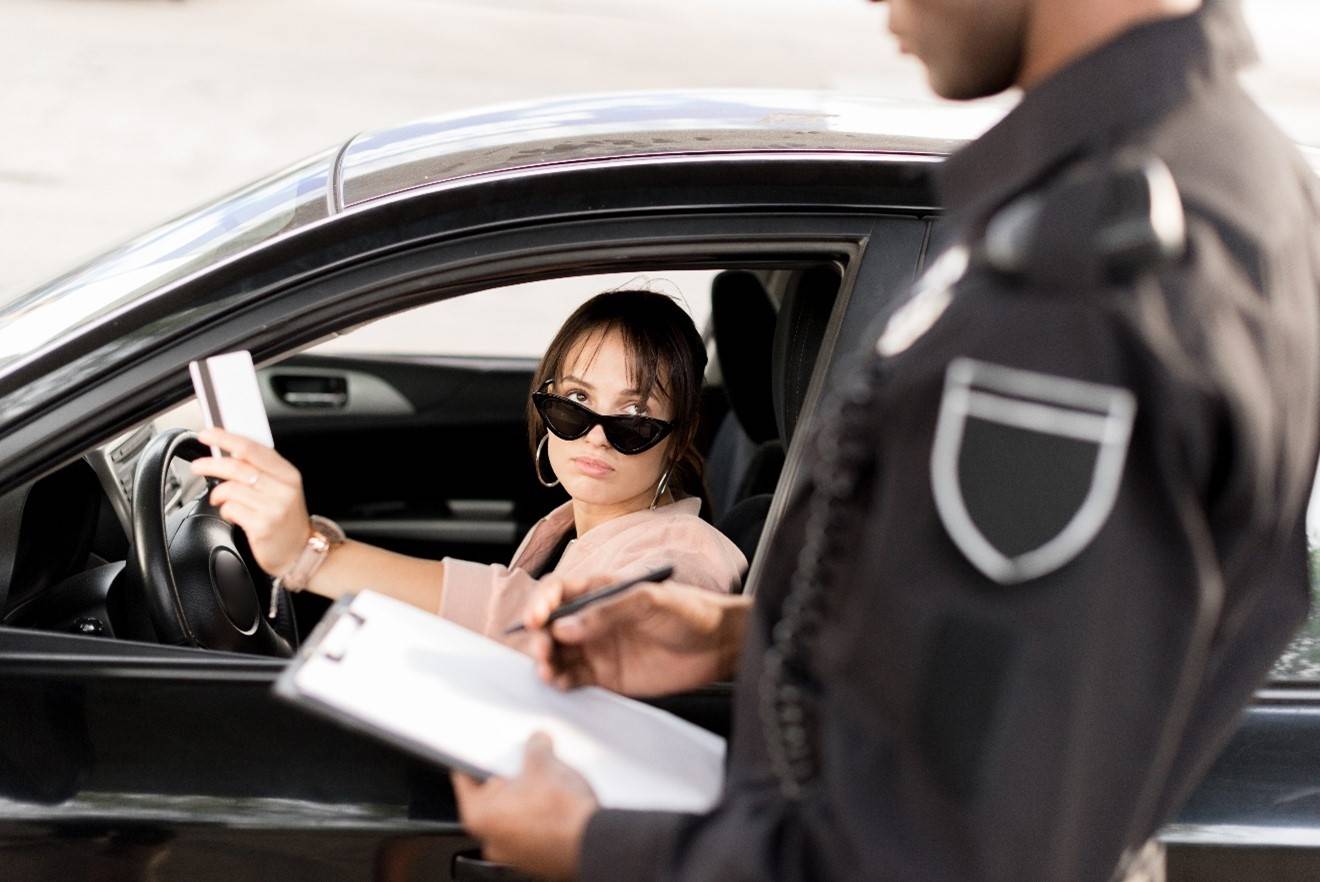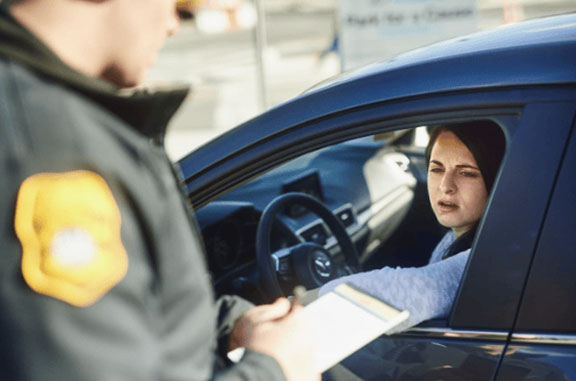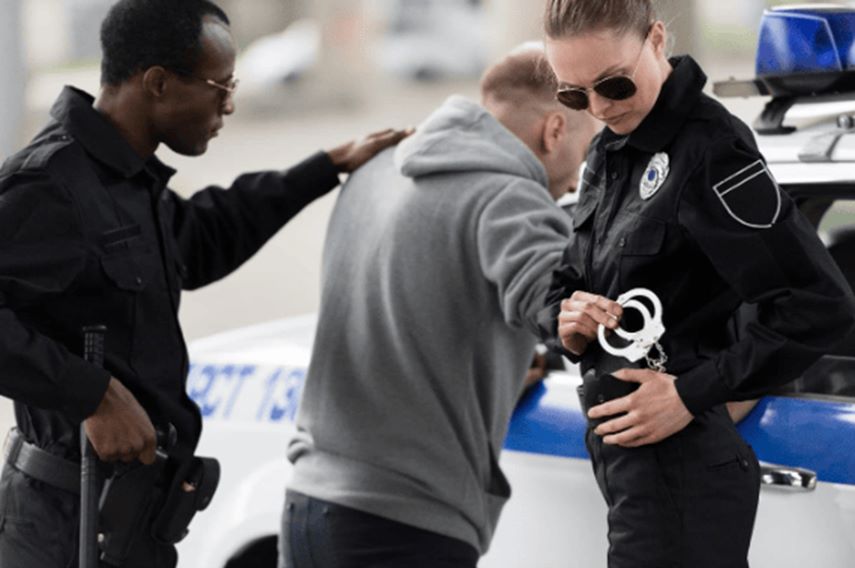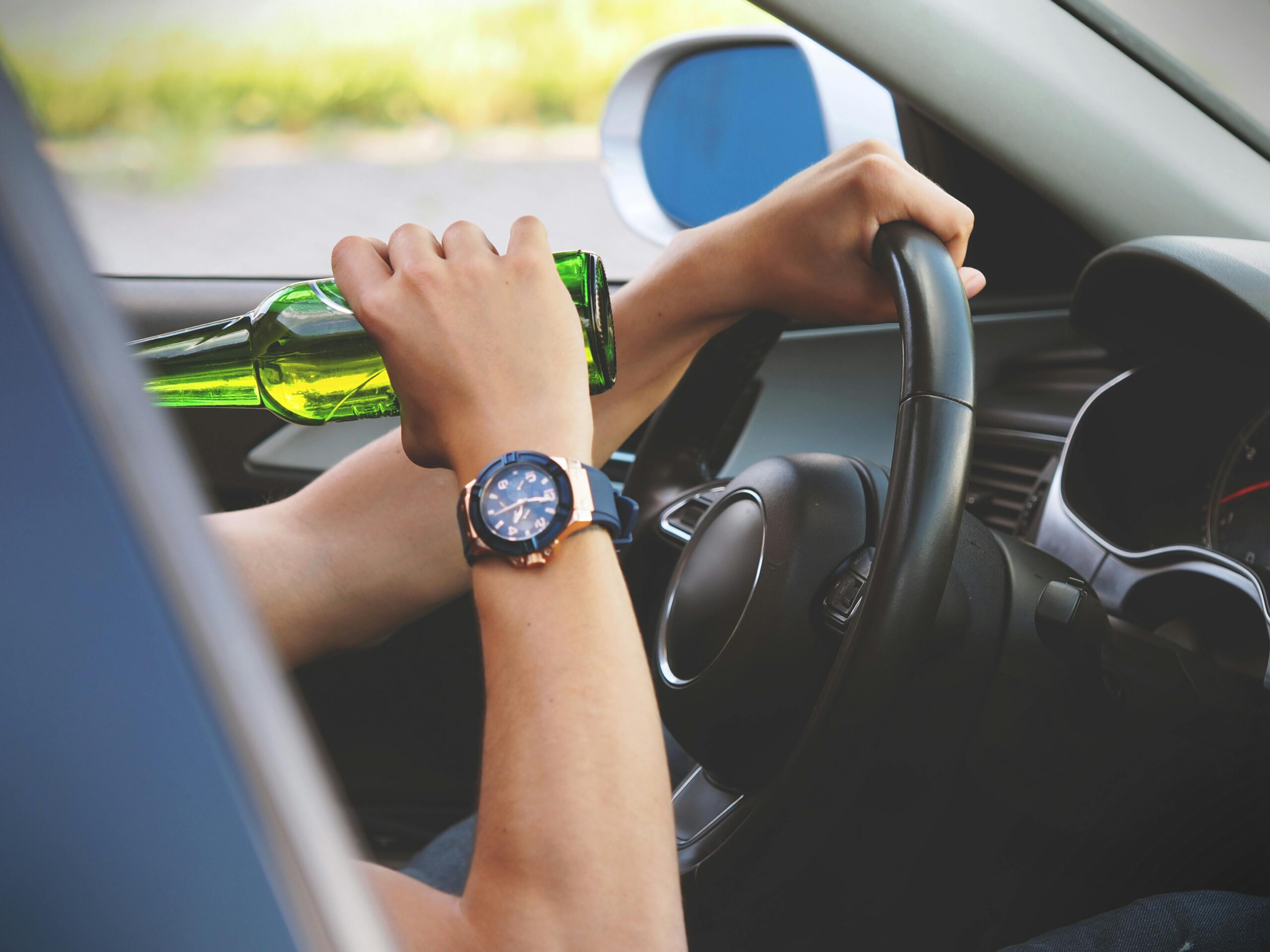The Michigan legal system is unique in many ways, and the laws regarding driving under the influence are just one instance of how our state differs from even our neighbors Wisconsin and Illinois. If you’ve been charged with a DUI, a Michigan-based driver license attorney can help you navigate this issue. Let’s dive in and demystify the legalities of DUIs, the potential consequences and why attorneys are such a valuable resource.
DUI Vs. OWI Vs. OWVI
In most states, drivers suspected of operating a vehicle while under the influence of drugs or alcohol are charged with a DUI (Driving Under the Influence) or perhaps a DWI (Driving While Intoxicated).
In Michigan, however, this is known as Operating While Intoxicated, or OWI. The difference in terminology reflects Michigan’s legal approach to impaired driving. Instead of focusing strictly on “driving” as an activity, Michigan law emphasizes the broader concept of “operating” a vehicle.
This distinction means that someone could be charged with an OWI even if they aren’t actively driving—if they’re in control of the vehicle while intoxicated, such as sitting in the driver’s seat with the keys in the ignition.
In Michigan, you also could be charged with Operating While Visibly Impaired, or OWVI. This is similar to an OWI, but the criteria and consequences can differ. Here’s a look at some of the key differences between the two.
OWI (Operating While Intoxicated)
An OWI is a more severe offense in Michigan and can be charged under the following circumstances:
- The driver’s blood alcohol content (BAC) is 0.08% or higher.
- The driver is impaired due to alcohol, drugs, or both, regardless of BAC.
- The driver has any amount of a Schedule 1 controlled substance or cocaine in their system.
An OWI conviction typically involves higher fines, more severe penalties, and harsher consequences for repeat offenses. In Michigan, an OWI may also be classified as a super drunk offense if the BAC is 0.17% or higher, resulting in even more severe penalties.
OWVI (Operating While Visibly Impaired)
OWVI is a less severe charge than OWI and generally applies when:
- The driver’s ability to operate a vehicle is visibly impaired by alcohol, drugs, or a combination of both.
- Unlike OWI, a specific BAC level is not required; instead, the charge is based on visible impairment observed by law enforcement.
OWVI charges may lead to lighter penalties compared to OWI, but they still carry serious consequences, including fines, license restrictions, and potential jail time. This charge can be considered a compromise if the driver’s impairment is evident but doesn’t meet the BAC threshold for an OWI.
Key Differences
- Severity: OWI is generally considered a more serious offense with harsher penalties than OWVI.
- Proof of Impairment: OWI requires a BAC of 0.08% or higher or evidence of intoxication, while OWVI is based on visible impairment without needing a specific BAC.
- Penalties: OWI typically involves higher fines, longer license suspensions, and stricter penalties, especially for repeat offenses.
OWI & OWVI: The Consequences
Both OWI and OWVI charges in Michigan can lead to lasting consequences, such as criminal records, increased insurance rates, and restricted driving privileges. A Michigan drivers license attorney may be able to lessen the severity of these consequences, but here are some of the typical penalties one might expect to incur for an OWI:
- First OWI Offense
- Fines: $100 to $500
- Jail Time: Up to 93 days
- Community Service: Up to 360 hours
- License Suspension: 30 days suspension, followed by 150 days of restricted driving
- Points on Driving Record: 6 points
- Possible Ignition Interlock Device (IID): If BAC is 0.17% or higher (Super Drunk offense)
- Additional Penalties: Higher BAC (0.17% or higher) may result in increased fines, longer jail time (up to 180 days), and mandatory alcohol treatment programs.
- Second OWI Offense (within 7 years of the first offense)
- Fines: $200 to $1,000
- Jail Time: 5 days to 1 year (with a minimum 5-day jail term)
- Community Service: 30 to 90 days
- License Revocation: Minimum of 1-year revocation (5 years if a previous revocation occurred within 7 years)
- Vehicle Immobilization or Forfeiture: The vehicle may be immobilized or forfeited.
- Possible Ignition Interlock Device (IID): Required upon reinstatement of license
- Points on Driving Record: 6 points
- Probation and Treatment Programs: This often includes mandatory alcohol or drug treatment.
- Third OWI Offense (Felony)
- Fines: $500 to $5,000
- Jail Time: 1 to 5 years, or 30 days to 1 year with probation, including mandatory community service (at least 60 to 180 days)
- Revoked License : Minimum of 5 years if the second offense occurred within 7 years, or 1 year otherwise
- Vehicle Forfeiture or Immobilization: Possible forfeiture of the vehicle involved in the offense
- Possible Ignition Interlock Device (IID): Required upon license reinstatement
- Points on Driving Record: 6 points
- Probation and Treatment Programs: Mandatory alcohol or drug treatment programs are usually imposed.
Additional Consequences for OWI Convictions
- Increased Insurance Rates: OWI convictions lead to significantly higher insurance premiums and can sometimes lead to policy cancellation.
- Criminal Record: OWI convictions are added to the individual’s criminal record, which may affect employment, housing, and education opportunities.
- Driver Responsibility Fees: Michigan previously had a Driver Responsibility Fee program, but it was phased out in recent years. However, other fees related to reinstatement and penalties may still apply.
- Restricted Driving Privileges: Depending on the offense level, drivers may have restricted privileges with conditions such as limited travel for work, school, or medical appointments only.
Enhanced Penalties for “Super Drunk” OWI (BAC of 0.17% or Higher)
- Fines: Up to $700
- Jail Time: Up to 180 days
- License Suspension: 45 days with restricted driving for 320 days
- Mandatory Alcohol Treatment: Required treatment program for alcohol abuse
- Ignition Interlock Device (IID): Required on all vehicles for restricted driving
Drunk driving convictions in Michigan carry serious legal and financial consequences, especially for repeat offenders, with felony charges and long-term impacts on an individual’s personal and professional life. While these consequences are severe, as a driver license attorney, I can work to reduce fines and jail time as well as helping with driver’s license restoration.
When it comes to OWVI, though a few penalties can be less severe, it still makes good sense to contact driver’s license attorneys and let them help you through the intricacies of these cases. Typically, with an OWVI, you might incur fewer points on your license and pay slightly smaller fines or serve less jail time or community service time, but it depends upon the circumstances of your case as well as whether or not this was a first offense, or you have previous OWI or OWVI offenses.
How A Driver License Attorney Can Help
Whether you’ve been charged with an OWI or OWVI or you have had your license revoked and need Michigan driver’s license restoration services, a criminal defense attorney can help. OWI defense and license restoration are two areas of specialization at our law firm, Lievois Criminal Law.
A qualified OWI and license restoration lawyer may be able to challenge the evidence of your case, arguing that errors were made with the police report, challenging the field sobriety testing, etc. Even if you are convicted, your attorney may be able to negotiate lesser charges or penalties, such as lower fines, fewer points on your license or shorter jail time.
While an OWI is a serious traffic offense, an experienced driver’s license restoration lawyer also may be able to help if your license is revoked. While full driver’s license reinstatement may not be possible, we may be able to have the court grant you limited driving privileges or a hardship license for work, school and medical appointments.
Your driver license attorney also can help you apply for Sobriety Court, which can be a complicated process. Michigan’s Sobriety Court program allows eligible drivers with multiple offenses to participate in treatment programs and, in some cases, regain restricted driving privileges with an ignition interlock device. An attorney can help clients determine eligibility and apply for Sobriety Court, offering an alternative path to standard sentencing.
Charged With An OWI? Call Us Today
If you’ve been charged with an OWI or OWVI, or need help with driver’s license restoration, talking with a Michigan driver license attorney is one of the best steps you can take. We can provide a comprehensive defense, work toward reducing charges and penalties, and assist in preserving or restoring driving privileges, helping clients navigate the complex legal landscape of OWI and OWVI cases. Contact us at any time to schedule a free consultation.







